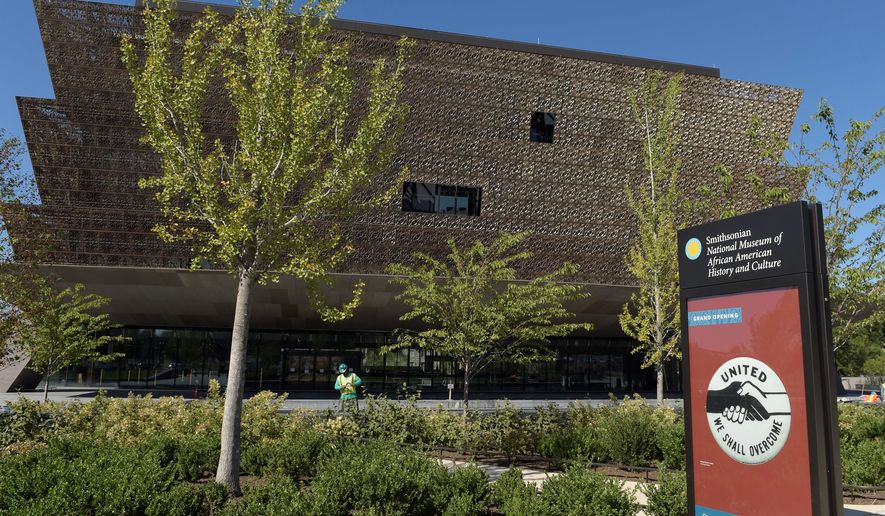Most adults think Black History Month is integral to the American story, but they disagree over whether it gets too much attention, a recent survey found.
While 71% of adults responding to the survey believe it is important to observe the month, 41% feel it receives “too much attention,” More in Common said Thursday.
And 46% of those responding to the nonprofit group’s survey said the history of minority groups receives more attention than history emphasizing a common American identity.
“This suggests communities and leaders should communicate about Black History Month in ways that avoid zero-sum framing, where learning more of the history of one group means we learn less about the history of others,” Dan Vallone, U.S. director of More in Common, told The Washington Times.
The survey confirms the need for Black History Month to help people “come together around the values and beliefs at the core of our national identity,” Mr. Vallone said in an email.
Survey responses broke down along partisan lines, with 91% of Democrats versus 45% of Republicans emphasizing the importance of celebrating Black history each February.
Those divisions reflect the Republican Party’s efforts to “stoke White grievance” with the idea that “addressing American racial history somehow is an attack on modern-day people who self-identify as White,” said David Silverman, a colonial historian at George Washington University.
“As with such issues as global warming, I would prefer to see the party acknowledge uncomfortable truths, including injustices in American history and their legacies, and come up with its own proposals to deal with those problems,” said Mr. Silverman, a specialist in race and indigenous peoples.
He said, “If Americans knew more about the history of race, they’d discover that White, Black and Native American identities are not categories of nature but human inventions for human purposes.”
But Republicans are not wrong to “feel as if Black history is being weaponized against them” in an age of identity politics, said Donna Jackson of the National Center for Public Policy Research’s Project 21, a network of Black conservatives.
“This is creating an unwinnable conflict for those relegated to the guilty oppressor class,” Ms. Jackson, who is Black, said in an email. “The primary goal of critical race theory appears to be to shame and punish people based on a physical attribute.”
Despite wide support for Black History Month, only 49% of Americans responding to the survey described themselves as “somewhat” or “very” knowledgeable about Black history.
Except for Black Americans, most of those surveyed cited “television and movies” as their primary source for learning about Black history.
That means public schools must do a better job of teaching both the history of minority groups and “what binds all of us together,” said Jonathan Zimmerman, a professor in the history of education at the University of Pennsylvania.
“Most of the airtime in our culture war has been captured by people who want one or the other,” Mr. Zimmerman said in an email. “But as this survey confirms, most Americans want both.”
A good starting point for that common ground would be to end public school lessons that divide students into White oppressors and Black victims, according to some parental rights groups.
“Focusing on the history of any group in isolation can be easily weaponized and used to divide classrooms into warring camps of aggrieved victims and mislabeled oppressors, which diverts mightily from much-needed basic education in reading, writing and arithmetic,” said Sheri Few, president of United States Parents Involved in Education.
• Sean Salai can be reached at ssalai@washingtontimes.com.




Please read our comment policy before commenting.